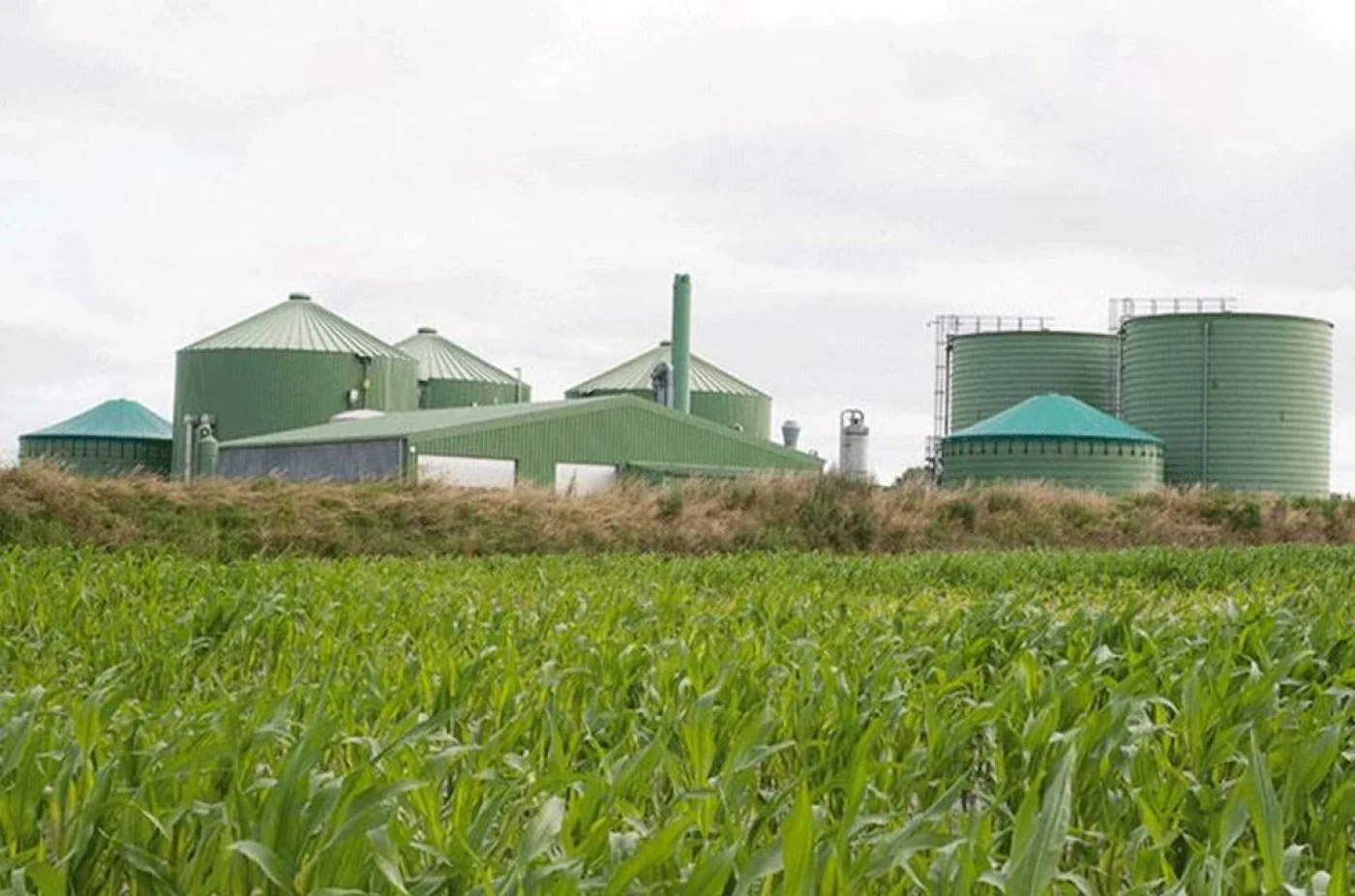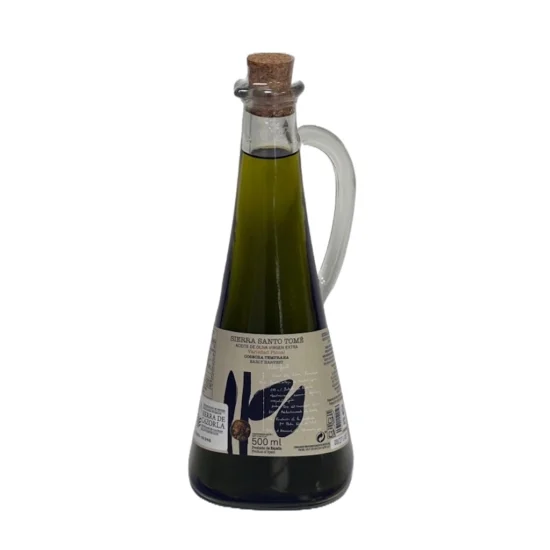
A new project seeks to convert European olive mill waste into sustainable bioplastics, clean energy, and plant biostimulant compounds. The OLinWASTE project integrates nine continental partners, with the University of Surrey playing a crucial role in optimizing biorefinery operations.
The European Union, as the world’s leading producer of olive oil, faces a significant environmental challenge due to the volume of olive mill waste (OMW) generated, which includes pomace, pits, and leaves. Improper disposal of this waste can lead to soil degradation, water pollution, and damage to local ecosystems.
With funding of nearly €4 million from Horizon Europe and a four-year duration, the project will develop a fully integrated, zero-emission biorefinery. This facility will transform OMW into valuable bioproducts, such as bioplastics, biofertilizers, biopesticides, plant bioimmunostimulants, and bioenergy. The biorefinery will employ green chemistry principles and microbial processes for resource recovery, while simultaneously minimizing emissions, noise, and odors.
The University of Surrey’s contribution focuses on the design and implementation of the System Digital Twin (SDT). This virtual model will represent the biorefinery’s waste and energy treatment flows. Researchers will integrate data from other project components and apply machine learning, validated with empirical experiments and physics-based models, to ensure the SDT’s accuracy.
Once operational, the SDT will enable simulation of biorefinery operations, facilitating continuous optimization. This will result in increased operational efficiency, reduced costs, and a decreased carbon footprint of the facility.
The OLinWASTE project represents a strategic opportunity to improve the sustainability of the olive oil industry. The SDT will provide a robust tool for scenario exploration, improving efficiency, and reducing costs and emissions, promoting more sustainable production in Europe.
The project kick-off meeting was held in Rome in June 2025. The team has initiated close collaboration with an Italian olive oil mill that also operates a biogas plant, laying the groundwork for the development of the integrated biorefinery.
Important Note: aceitedelcampo.com promotes the consumption of extra virgin olive oil for its culinary qualities and health benefits. However, no medication or current treatment should be replaced without the guidance of a healthcare professional.




ALZAYT EXPORT SL
info@aceitedelcampo.com
C/ Eduardo Bosca 19, 2-5
46023 Valencia
Subscribe and receive a coupon by email for your next purchase.